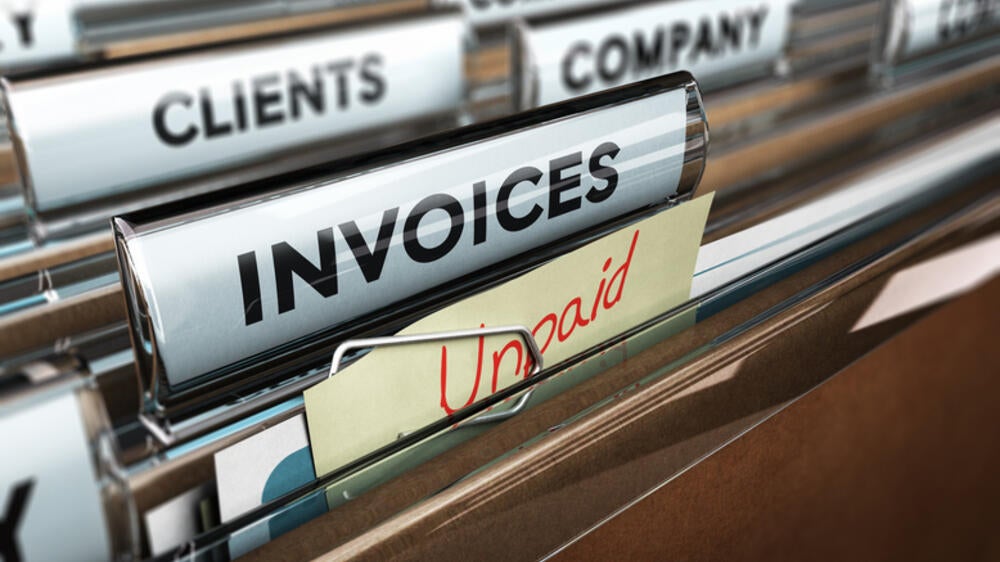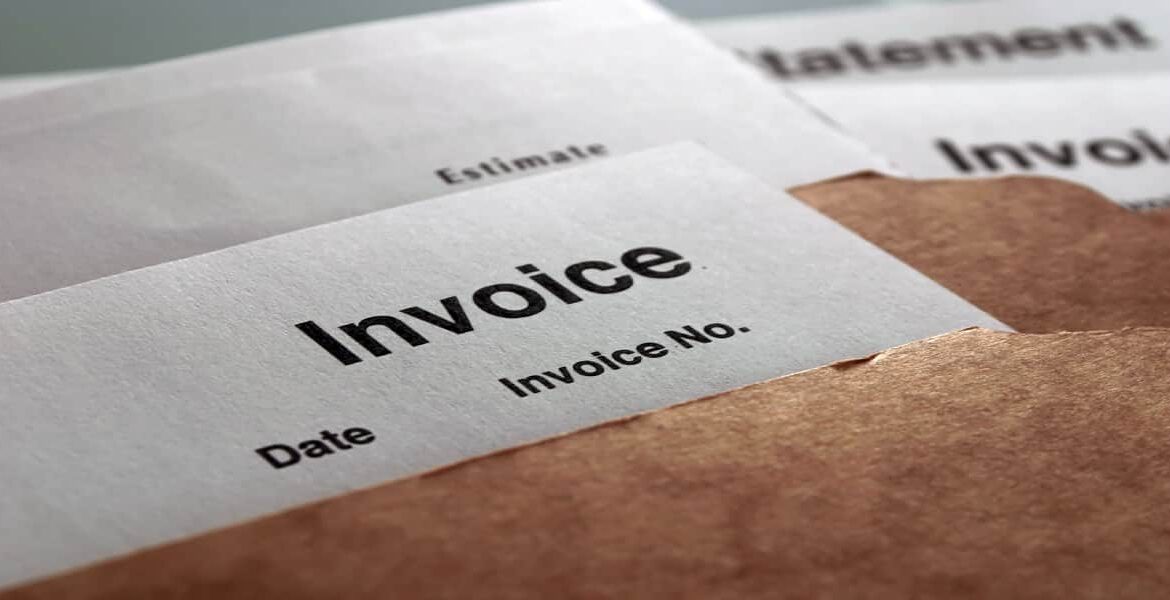An overdue invoice can exert immense pressure on a business’s financial health, especially when a client’s payment delay becomes a recurring issue. This strain on finances can ripple through various facets of a company’s operations, creating a domino effect of negative consequences. While late payments may seem like a minor inconvenience, they can quickly escalate into a significant obstacle to a business’s growth and sustainability. One of the immediate impacts of overdue invoices is the disruption of cash flow. Small and medium-sized businesses often rely on a steady influx of funds to cover daily operational expenses such as salaries, rent, utilities and raw materials. When payments are delayed, these expenses become increasingly challenging to manage, potentially leading to missed payments, late fees and strained relationships with suppliers, employees and creditors.

Moreover, an overdue invoice can complicate the company’s ability to plan and execute strategic initiatives. When anticipated revenue fails to materialize, businesses may find themselves unable to invest in new equipment, client not paid invoice expand their workforce, or take advantage of growth opportunities. This financial instability can hinder long-term planning and potentially undermine the company’s competitive edge. Late payments also have a ripple effect on the morale of the workforce. Employees may worry about job security when they observe cash flow problems within the organization, leading to decreased productivity and engagement. A stressed work environment can further exacerbate the financial strain, creating a vicious cycle that is challenging to break. To compound matters, businesses often have to divert resources to chase overdue payments. This includes dedicating time and manpower to follow up with clients, sending reminders and, in some cases, resorting to legal actions. These efforts can be costly and time-consuming, diverting valuable resources away from core business activities.
In the long run, a pattern of late payments from clients can tarnish a company’s reputation. Word can spread quickly within industry circles about a business that struggles to collect payments promptly, which may deter potential clients from entering into new contracts or collaborations. This reputation damage can further hinder revenue growth and perpetuate the financial strain. To mitigate the adverse effects of overdue invoices, businesses must adopt proactive strategies. This includes implementing clear payment terms, invoicing promptly and establishing effective credit control procedures. In some cases, offering discounts for early payments or utilizing factoring services can help bridge cash flow gaps. In conclusion, overdue invoices are not merely a minor inconvenience but a substantial threat to a business’s financial stability. The strain they place on cash flow, operational capabilities, workforce morale and reputation can have far-reaching consequences. Addressing this issue requires a combination of prudent financial management, effective communication with clients and a commitment to maintaining healthy cash flow practices. By taking proactive steps to prevent and address late payments, businesses can better protect their financial health and ensure a more stable and prosperous future.
